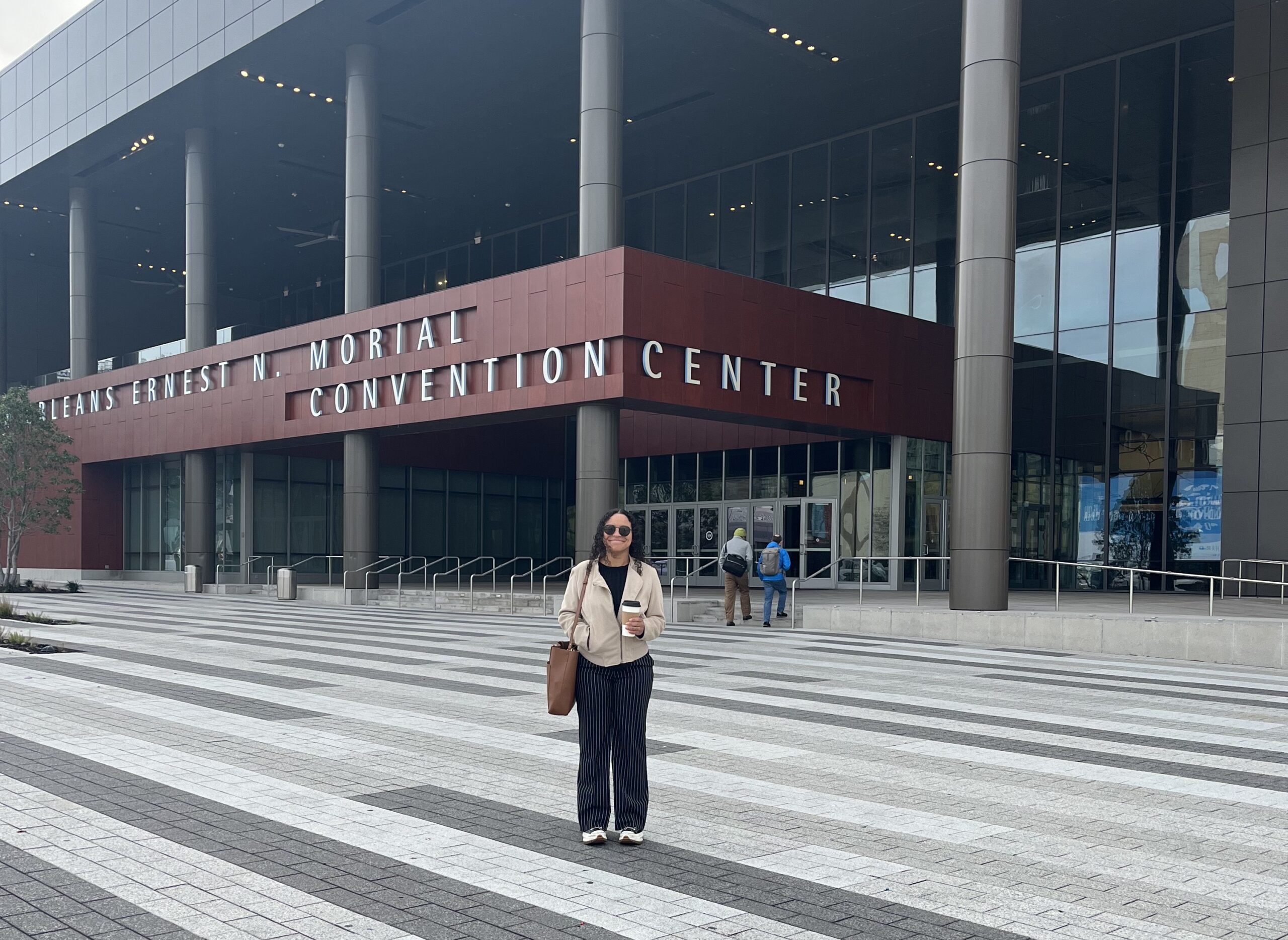Bridging Worlds: Diversity in Marine Sciences Explored at Ocean Sciences Meeting 2024
In February 2024, the vibrant city of New Orleans, Louisiana, played host to a convergence of minds at the Ocean Sciences Meeting (OSM). Drawing nearly 6,000 attendees from across the globe, this event served as a nexus for sharing cutting-edge research, fostering collaboration, and advancing the collective understanding of our oceans. As a flagship conference for the ocean sciences community, OSM stands as a testament to the power of scientific exchange and collaboration, under the United Nations Decades program. The meeting was co-sponsored by the American Geophysical Union (AGU), the Association for the Sciences of Limnology and Oceanography (ASLO), and The Oceanography Society (TOS).
Amidst the myriad tracks and topics discussed at OSM, the track I focused most of my time on was: diversity, equity, and inclusion in marine sciences. This critical conversation underscored the importance of broadening participation within the field to reflect the rich tapestry of our global community.

Against this backdrop, I had the privilege to share insights into the Wrigley Institute’s Scientific Diving Discovery Program (SDDP) during the conference. As a member of the first cohort of the program and now the program’s coordinator, I was invited to present by the National Marine Sanctuary Foundation – a sponsor of SDDP’s first two cohorts – to shed light on our mission and impact within the broader context of OSM.
OSM showcased a diverse array of programs and initiatives aimed at promoting ocean access and inclusivity. From middle and high school students presenting their research, to seasoned career scientists, the conference provided a platform for voices from all walks of life. Moreover, discussions on science communication, storytelling, and Indigenous perspectives served to enrich our understanding of the complex interplay between science, society, and the environment.
As we delved deeper into the conference proceedings, it became evident that diversity is not merely a buzzword but a fundamental principle that underpins the future of marine sciences.
As we delved deeper into the conference proceedings, it became evident that diversity is not merely a buzzword but a fundamental principle that underpins the future of marine sciences. From Sea Grants and other federal programs to academic institutions like USC, efforts to promote diversity and inclusion were palpable throughout the conference. Moreover, the rich history and environmental context of New Orleans served as a poignant reminder of the interconnectedness of science and society.
As the curtains drew to a close on OSM 2024, I left with a renewed sense of purpose and optimism. The conversations and connections forged at the conference underscored the importance of diversity in driving innovation and progress within marine sciences. Moving forward, we are committed to continuing the work of the SDDP and championing diversity and inclusion in all facets of our field.
